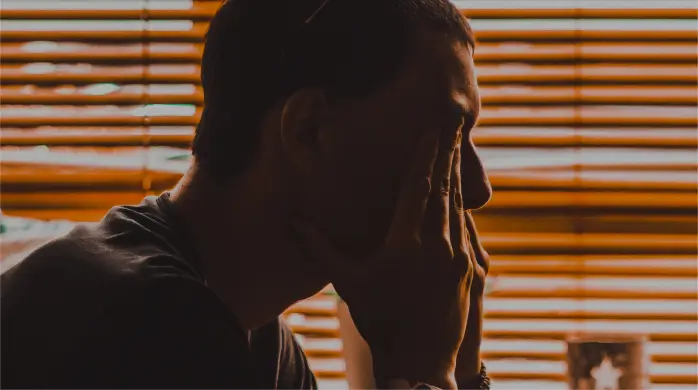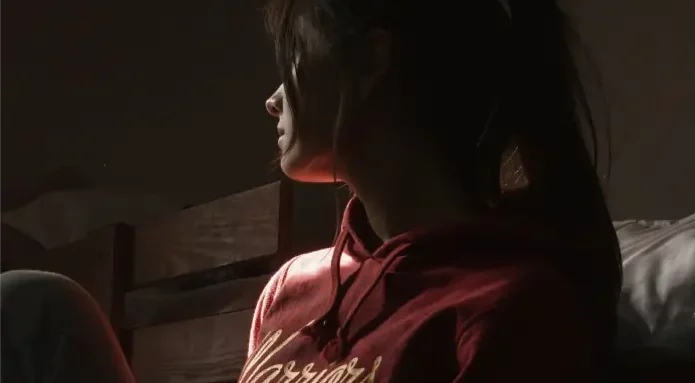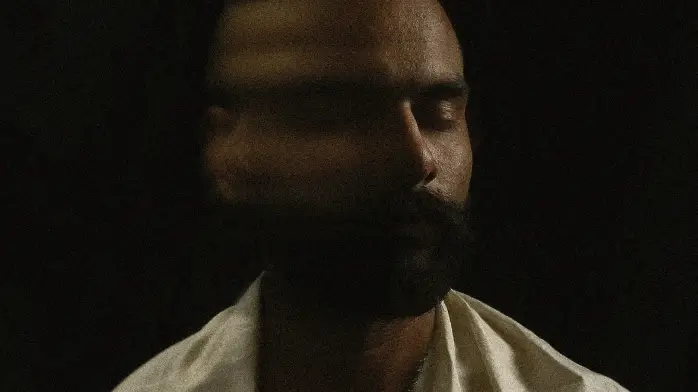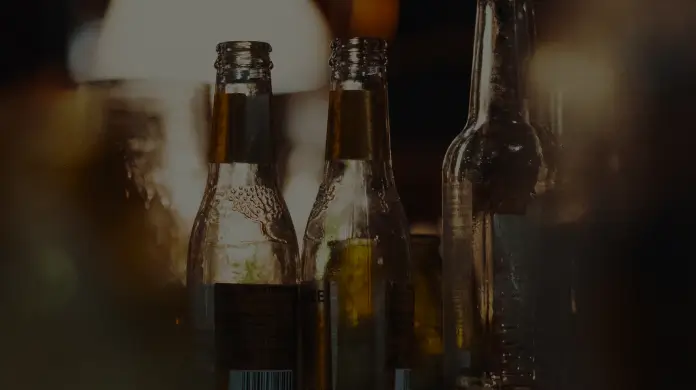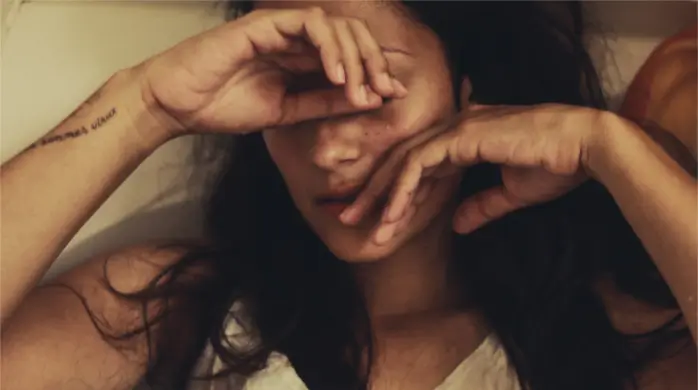Drug addiction, also called substance use disorder, is defined by the compulsive use of substances despite harmful consequences. It often affects behavior, brain chemistry, and emotional health. Addiction can take many forms, including:
- Opioid Addiction: Includes prescription painkillers and illicit drugs like heroin.
- Stimulant Addiction: Cocaine, methamphetamine, and other upper-type substances.
- Benzodiazepine Addiction: Anti-anxiety medications with high dependence risk.
- Alcohol Use Disorder: Ongoing or binge drinking that causes disruption to daily life.
Without addiction intervention, consequences often intensify—impacting health, personal safety, long-term stability, and can even result in death.
